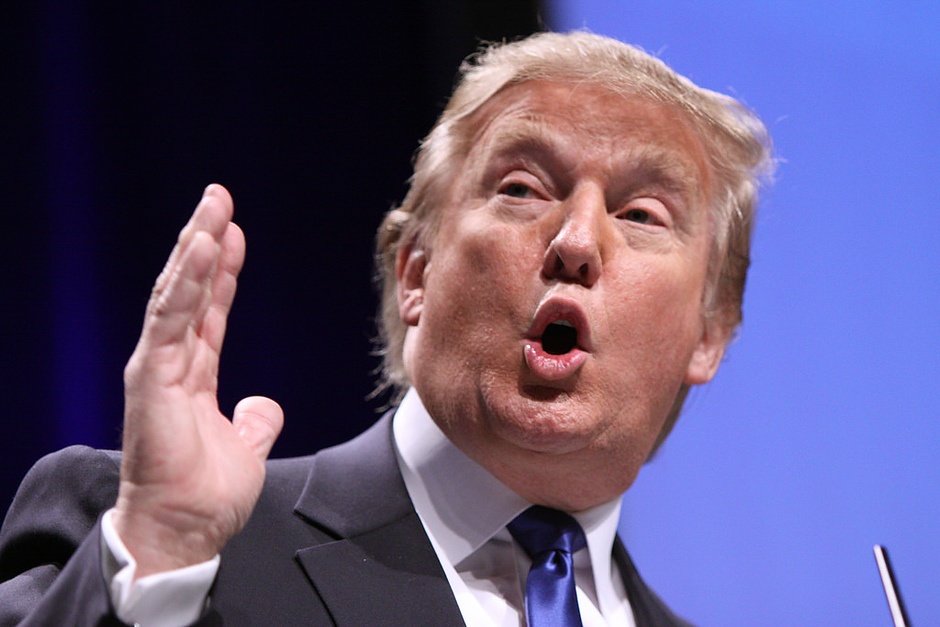Trump tells Treasury to consider another 100B in China tariffs - White House

US President Trump has asked his Treasury department to examine another 100B in tariffs against China, according to a statement from the White House Press Secretary's office.
Key details
A statement from the President's administration has hit the wires detailing Trump's justification for seeking an additional $100 billion in additional tariffs against the Chinese under the 1974 Trade Act's section 301, accusing China of unfairly obtaining American intellectual property. Trump pointed out that he is still willing to meet with China at the negotiating table.
Trump also ordered his Secretary of Agriculture to look into ways to protect the US farming sector from further tariff fallout.
Author

Joshua Gibson
FXStreet
Joshua joins the FXStreet team as an Economics and Finance double major from Vancouver Island University with twelve years' experience as an independent trader focusing on technical analysis.

















